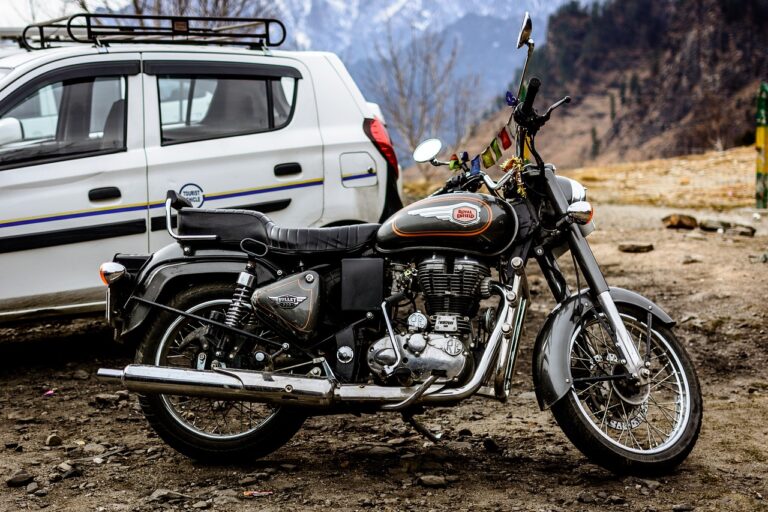The Impact of Foreign Policy Issues on Elections: Cricket bet 999 login, 11x play online, Betbhai9 register
cricket bet 999 login, 11x play online, betbhai9 register: Political press conferences are essential for politicians to communicate their messages to the public effectively. Whether you are a seasoned politician or a first-time candidate, organizing a successful press conference can make a significant impact on your campaign. In this article, we will discuss the steps you need to take to organize a political press conference that garners media attention and engages the public.
Identify your goals
The first step in organizing a political press conference is to clearly identify your goals. What message do you want to convey to the public? Are you announcing a new policy initiative, responding to a crisis, or unveiling your campaign platform? By defining your goals upfront, you can ensure that your press conference stays focused and on message.
Choose a strategic location
The location of your press conference can play a crucial role in its success. Choose a venue that is easily accessible for the media and provides a suitable backdrop for your message. Depending on the nature of your event, you may opt for a traditional press conference room, a public park, or even a virtual setting. Consider the logistical requirements, such as parking, seating, and lighting, to ensure that everything runs smoothly on the day of the event.
Invite the media
To ensure that your press conference receives adequate coverage, it is essential to invite members of the media well in advance. Prepare a media advisory that includes key details such as the date, time, location, and purpose of the event. Reach out to journalists, reporters, and news outlets that cover political news to maximize your media exposure. Follow up with reminders closer to the date of the press conference to confirm attendance and address any questions or concerns.
Prepare your message
Before stepping in front of the cameras, it is essential to prepare your key message points. What are the main talking points you want to convey to the public? Practice delivering your message in a clear and concise manner to ensure that it resonates with your audience. Anticipate potential questions from the media and prepare thoughtful responses to address any concerns or criticisms.
Gather your team
Organizing a successful press conference requires a team effort. Delegate responsibilities such as logistics, media outreach, and message preparation to trusted members of your team. Assign roles such as a spokesperson, event coordinator, media liaison, and photographer/videographer to ensure that everything runs smoothly on the day of the event. Hold a pre-event briefing to go over the agenda, roles, and responsibilities with your team to ensure that everyone is on the same page.
Day of the press conference
On the day of the press conference, arrive early at the venue to ensure that everything is set up and ready to go. Greet members of the media as they arrive and provide them with any additional information or materials they may need. Practice delivering your message points one last time to ensure that you are confident and prepared. Once the press conference begins, stick to your talking points, be concise, and address any questions from the media with confidence.
Follow up
After the press conference concludes, it is essential to follow up with the media to address any additional questions or requests for information. Provide reporters with contact information for further inquiries and thank them for their coverage of the event. Share highlights from the press conference on your social media channels and website to engage with your supporters and reach a broader audience.
In conclusion, organizing a political press conference requires careful planning, clear communication, and effective execution. By following the steps outlined in this article, you can ensure that your message reaches the public and resonates with voters. Remember to stay focused on your goals, choose a strategic location, invite the media, prepare your message, gather your team, and follow up to maximize the impact of your press conference.
FAQs
Q: How far in advance should I start planning a political press conference?
A: It is recommended to start planning a political press conference at least two to three weeks in advance to ensure that you have enough time to prepare, invite the media, and coordinate logistics.
Q: What should I include in a media advisory for a press conference?
A: A media advisory should include key details such as the date, time, location, and purpose of the event, as well as contact information for RSVPs and inquiries.
Q: How can I ensure that my press conference receives adequate media coverage?
A: To maximize media coverage of your press conference, reach out to journalists, reporters, and news outlets that cover political news, follow up with reminders, and provide compelling story angles and visuals to attract attention.







